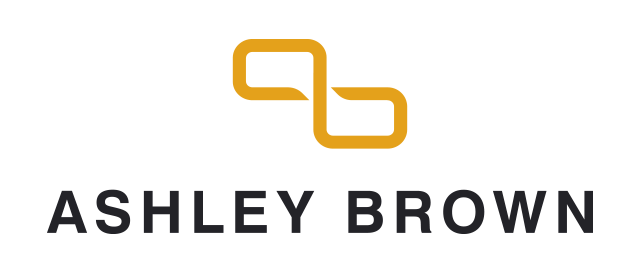TAX TIPS FOR EMPLOYEES
Do you know the tax deductions and offsets for which you might be eligible this financial year?
The following tips may help you to legitimately reduce your tax liability in your 2018-19 return. With so much information being pre-filled into your tax return this year, it’s best to wait until all the data is finalised before lodging.
For example, check that your income statement from your employer says ‘tax ready’ and your private health insurance statement is available before visiting your tax agent. Otherwise, you’re potentially lodging your return with unfinalised data and due to this you may need to amend your tax return and pay additional tax.
Just remember that for an expense to qualify:
you must have spent the money yourself
it must be directly related to earning your income
it must not have been reimbursed
you must have the relevant records to prove it.
Claiming all work-related deduction entitlements may save considerable income tax. Typical work-related expenses include employment-related mobile phone, internet usage, computer repairs, union fees and professional subscriptions that the employee paid themselves and for which they were not reimbursed.
Be aware that the ATO has received a large boost in funding that enables a stronger focus on ensuring taxpayers claim only the work-related expenses to which they are entitled.
Reference:
https://www.cpaaustralia.com.au/professional-resources/taxation/tax-tips/employees
SMALL BUSINESS
The ATO continues its focus on small business as part of its efforts to close the $10 billion tax gap indicated by the Commissioner earlier this year. The ATO has received additional funding through the Black Economy Taskforce and its enhanced enforcement covers lodgment, employee entitlements, mobile strike teams, tax system integrity and the use of data and technology.
Small businesses need to ensure their bookkeeping and lodgments are correct and up-to-date. You should obtain professional tax advice, especially in areas where more complex tax issues arise. This includes structures, capital gains tax, personal services income, trust declarations and distributions, and private company loans.
RECORD-KEEPING TIPS
Record cash income and expenses
Account for personal drawings
Record goods for your own use
Separate private expenses from business expenses
Keep valid tax invoices for creditable acquisitions when registered for the goods and services tax (GST)
Keep adequate stock records
Keep adequate records to substantiate motor vehicle claims
SMALL BUSINESS INCOME TAX OFFSET
You will be entitled to the small business income tax offset for the year ended 30 June 2019 if you carry on business and your aggregated turnover for the 2019 year is less than $5 million. The offset rate is 8 per cent of the income tax payable on the portion of an individual’s taxable income that is their ‘total net small business income’.
The ATO will work out the offset based on the net small business income earned as a sole trader and share of net small business income from a partnership or trust, as reported in the income tax return.
MAXIMISE DEPRECIATION DEDUCTIONS
A key feature for small business in the 2019-20 Federal Budget on 2 April 2019 was the announcement that a small business entity (SBE) may potentially qualify for an asset write-off one under one of three varying caps during the year ended 30 June 2019.
A medium sized business entity (MSBE) will also be able to claim the instant asset write-off in respect of a depreciating asset that is both first acquired for a cost of less than $30,000 on or after 7.30pm on 2 April 2019 which is used or installed ready for use by 30 June 2020.
The write-off amount will depend on the date the asset is first used or installed ready for use for a taxable purpose. For businesses registered for GST, the threshold is calculated on a GST-exclusive basis, but for businesses not registered for GST, the threshold is calculated on a GST-inclusive basis.
Where the cost of the asset is not available for the instant asset write-off deduction, it will be allocated to the general small business pool and depreciated at a rate of 15 per cent regardless of the date of acquisition during the 2019 year, provided the asset starts to be used or is installed ready for use during the year ended 30 June 2019.
For assets included in the pool at the start of the 2019 year, the opening pool balance will be depreciated at the rate of 30 per cent. Where a balancing adjustment occurs during the year, the asset’s termination value must be deducted from the pool.
However, where the closing balance of the SBE’s general small business pool is less than $30,000 as at 30 June 2019, the SBE will be entitled to a full deduction for the amount of the pool’s closing balance.

